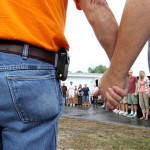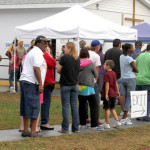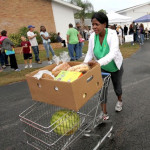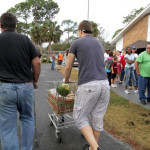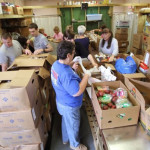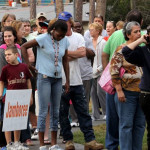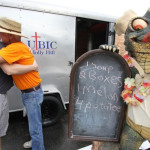04 Feb Thailand Part 2: Sunday on the Mountain

Brian Magnus, bishop of the United Brethren Church in Canada, under the church sign in Lo Mah Village.
Sunday on the Mountain
On January 20-24, a Global Ministries Staff Summit was held in Chiang Rai, Thailand. Attending were 28 persons, most of them Global Ministries staff serving in various countries. Jeff Bleijerveld, director of Global Ministries, and associate director Donna Hollopeter sat down a few days after returning to talk about the event. Previously, they talked about the sessions they had together. Here, they talk about the opening day–Sunday, January 20–when the entire group worshiped with the United Brethren churches high in them mountains of northern Thailand.
Donna Hollopeter: On Sunday, we went up to the mountain churches, where we have two churches and one church plant. It was about a two-and-a-half hour drive in a van, with very steep and narrow roads, one curve after another. We left about 6:45 for the 10:30 service.
Jeff Bleijerveld: At one point, we stopped and looked directly across the border into Myanmar. Even where the church is located, you’re within a mile of the border with Myanmar. It’s quite a porous border, which is a concern for the Thai authorities. They have the drug traffic fairly well controlled, and have tried to stamp it out. But some of the other countries don’t have the same capabilities.
Donna: The Thai churches all combined in one location for that Sunday morning service. We had a very good worship experience. Jeff spoke. Interestingly, his words went through three translators who were on the platform with him. He spoke in English, the next person translated into Mandarin, the next person translated from Mandarin to Thai, and the last person translated from Thai into Akha, the language spoken by the people in that village. So you have four different people up there saying the same thing (we hope)
Jeff: I have no idea what the Akha people heard me say. I tried to stay with a simple narrative—Jesus and the disciples and the storm on the Sea of Galilee, and how God is greater than the waves.
Donna: People came to church in their traditional tribal dress. They were very welcoming and gracious, and invited all of the guests to come up front. The women had made bracelets for every person attending. Some got two. Each bracelet had the words, “I love you.”
The people were intrigued with the Kline children, because the weren’t used to seeing three blond-headed kids. The kids came away with a lot of loot. They made a purse for Mia Kline, bracelets, and a necklace. The people kept rubbing their hair, because they were intrigued by how wavy and curly it was.
The church sits on a hillside. After the service, we went down the hill to a vacant lot where they played their own version of soccer—a little bit different than the soccer we know. Brandt and Mia Kline played soccer with the Akha kids.
Jeff: In the mountains, when you kick a ball out of bounds, it goes way out of bounds. The Thai kids were careful to keep it in bounds.
Donna: After that, we were invited back to the home of one of the pastors for tea and fruit. Then we went to see the other church building. Finally, before we left, we went to Pastor Lee’s home for lunch.

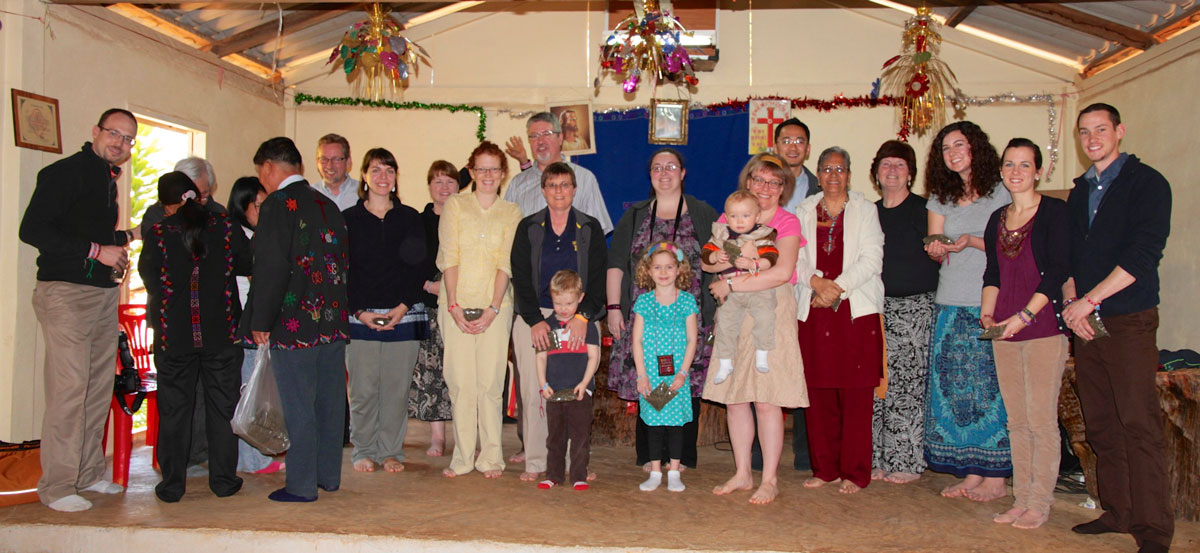
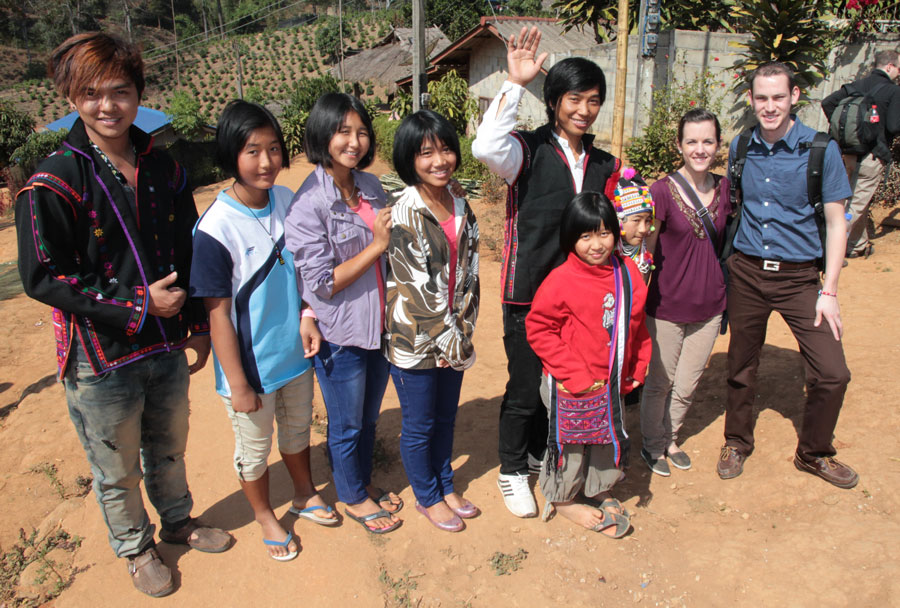
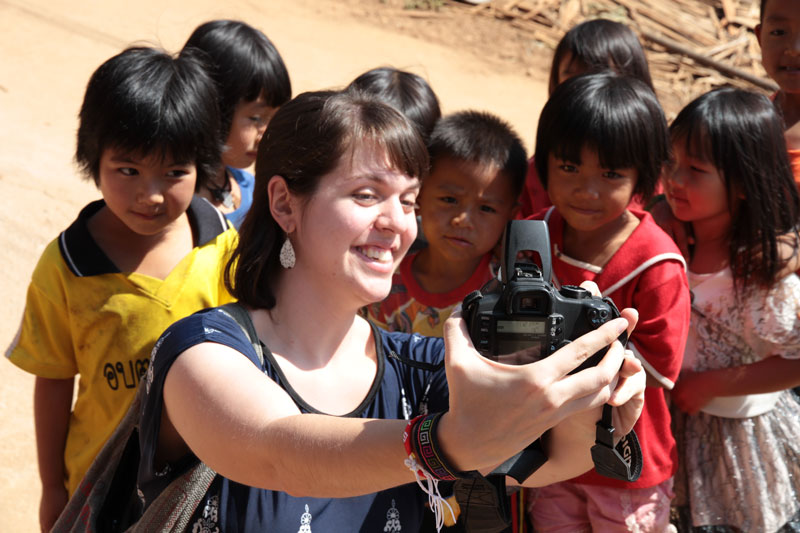
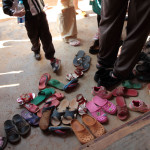
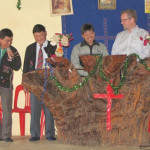
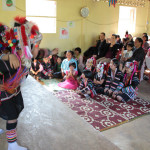
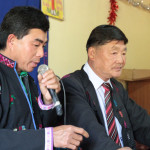
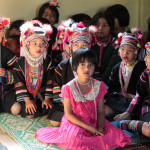
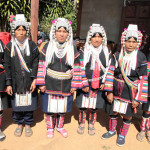
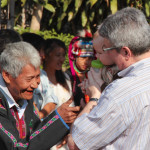
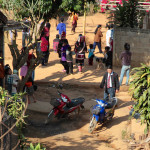
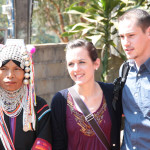



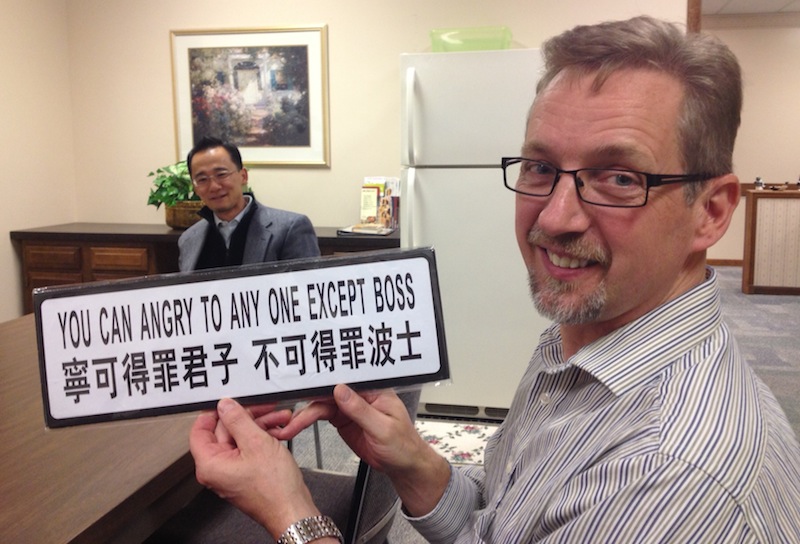
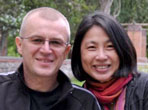 Arek and Donna Delik (right), UB endorsed staff serving with Operation Mobilization in Poland, sent this update on their work on February 3:
Arek and Donna Delik (right), UB endorsed staff serving with Operation Mobilization in Poland, sent this update on their work on February 3: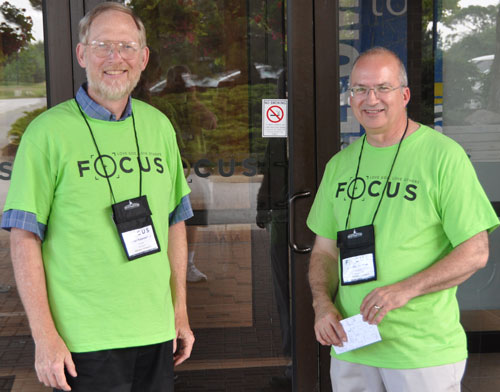
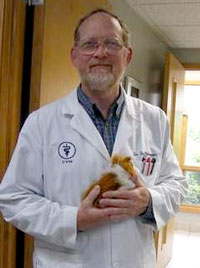 We’ve been keeping up on Dan Paternoster (right), a member of the Executive Leadership Team who was involved in a serious accident last August. His wife, Nancy, wrote the following update on February 3, 2013:
We’ve been keeping up on Dan Paternoster (right), a member of the Executive Leadership Team who was involved in a serious accident last August. His wife, Nancy, wrote the following update on February 3, 2013:
 Rev. Juanita Chavez (right) was re-elected as General Superintendent, a position to which she was first elected in 2009.
Rev. Juanita Chavez (right) was re-elected as General Superintendent, a position to which she was first elected in 2009. Gonzalo Alas (right), a Honduran church planter, leads our churches in El Salvador. We just learned (Feb. 1) that he had a heart attack followed by various complications. He is doing better now, but the Alas family would appreciate our prayers.
Gonzalo Alas (right), a Honduran church planter, leads our churches in El Salvador. We just learned (Feb. 1) that he had a heart attack followed by various complications. He is doing better now, but the Alas family would appreciate our prayers. Robert Sommers, formerly the head of financial aid at Indiana Wesleyan University, has been hired as Huntington University’s new director of financial aid.
Robert Sommers, formerly the head of financial aid at Indiana Wesleyan University, has been hired as Huntington University’s new director of financial aid.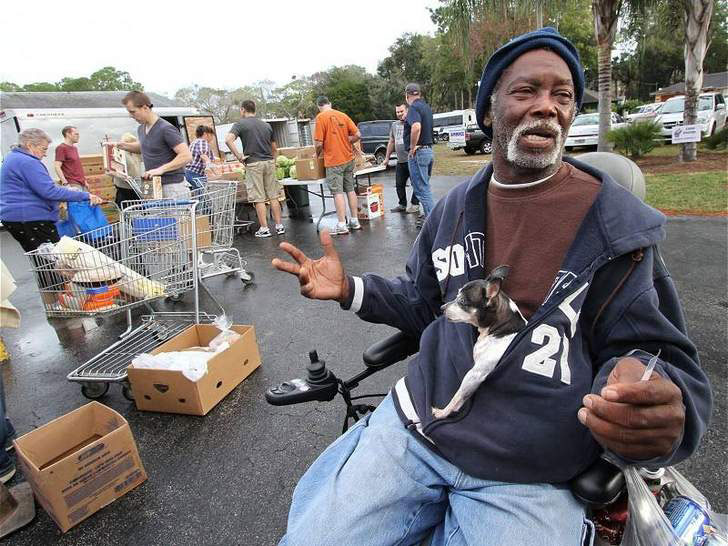
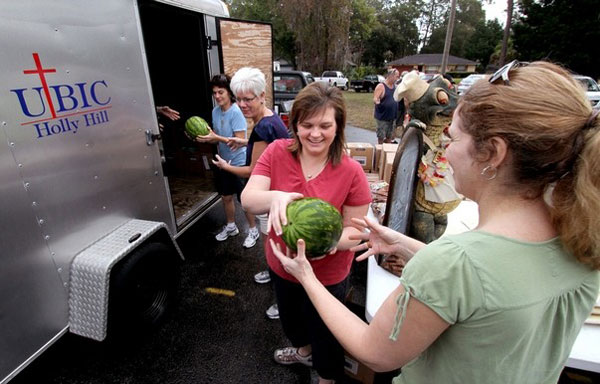
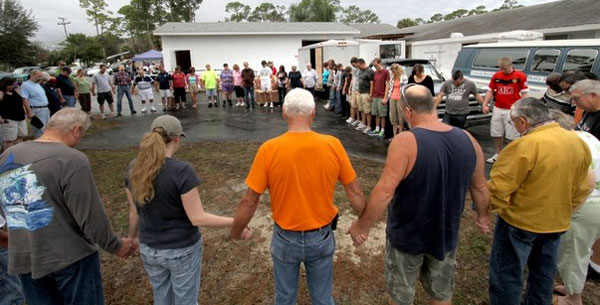
 “We were afraid if we didn’t move it to our place, it would just go away,” explained Chuck McKeown (right, with wife Vicki), senior pastor of First UB church. “After we got involved with them, it became very clear it was something that was needed.”
“We were afraid if we didn’t move it to our place, it would just go away,” explained Chuck McKeown (right, with wife Vicki), senior pastor of First UB church. “After we got involved with them, it became very clear it was something that was needed.”
 First UB, which has about 350 people attending three church services on Sunday, also took over the private K-12 school from Open Bible Church and serves about 90 students. McKeown’s youngest son, Josh (left), is the youth pastor and principal of the school. Josh and his brother, Matt (right), do most of the preaching on Sunday, their father said.
First UB, which has about 350 people attending three church services on Sunday, also took over the private K-12 school from Open Bible Church and serves about 90 students. McKeown’s youngest son, Josh (left), is the youth pastor and principal of the school. Josh and his brother, Matt (right), do most of the preaching on Sunday, their father said.